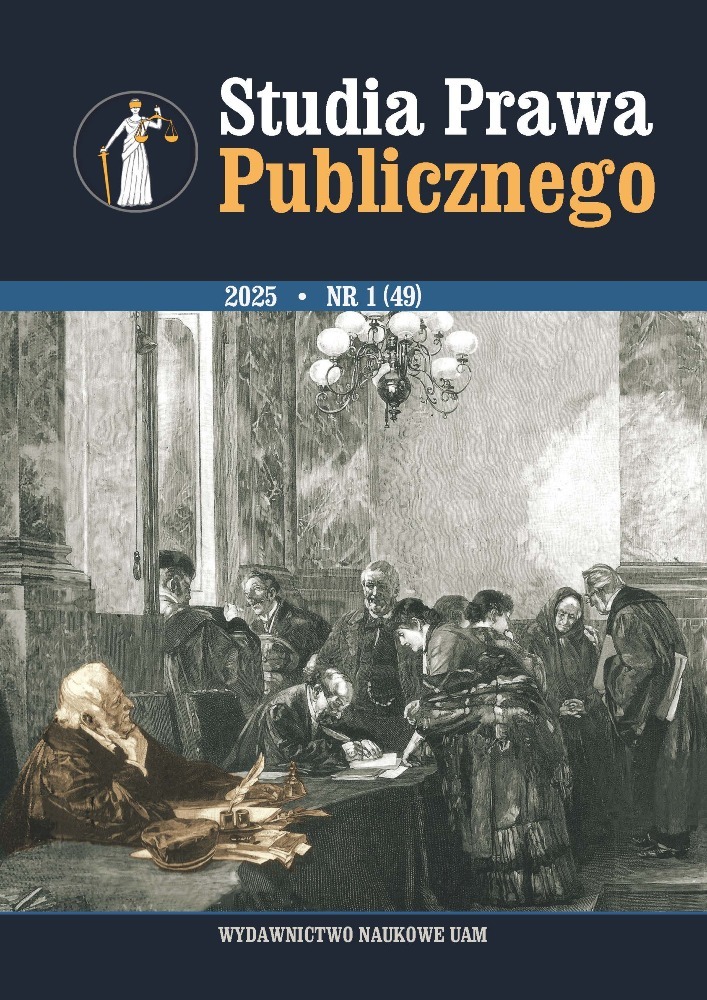Abstrakt
On 24 October 2018, the Federal Labor Court ruled that a “legal pro- tection secretary” employed by a trade union who advised trade union members on labor law issues could not be admitted to the bar. He lacked the professional independence required by the Federal Lawyers’ Act because, according to his employment contract, he had to respect the ideals of the trade unions. Although the employer had never given the legal protection secretary any instructions as to how he was to advise clients, the employer was also not obliged to confirm to the bar association that the legal protection secretary was carrying out his advisory work independently. The ruling, which is much discussed in Germany, raises the fundamental and still unresolved question of under what circumstances a legal advisor is “professionally independent.” This not only concerns the German legal landscape, but is particularly difficult to answer under German law because the legal situation is paradoxical: the German legislator itself allows employees access to the legal profession. The fact that a legal advisor is hired as an employee therefore does not automatically eliminate their professional independence. But what else? This gloss aims to contribute to this discussion.
Bibliografia
Barry B.M., How Judges Judge: Empirical Insights into Judicial DecisionMaking, London 2021. DOI: https://doi.org/10.4324/9780429023422
Bauckmann M., § 1, in: BRAO, ed. D. Weyland, 11th ed., München 2024, paras. 1–24, pp. 22–31.
DGB (Deutscher Gewerkschaftsbund, German Trade Union Federation), Bericht zur Rentenpolitik in Deutschland, 2019.
Jähne I., § 46, in: BRAO, ed. D. Weyland, 11th ed., München 2024, paras. 1–38, pp. 662–679.
Knauer C., Zur Wahrheitspflicht des (Revisions)Verteidigers, in: Strafverteidigung, Revi sion und die gesamten Strafrechtswissenschaften. Festschrift für Gunter Widmaier zum 70. Geburtstag, ed. H. Schöch et al., Hürth 2008, pp. 291–310.
Sisk G.C., Heise M., Morriss A.P., Charting the Influences on the Judicial Mind, “New York University Law Review” 1998, vol. 73, no. 5, pp. 1377–1500.
Stuart H., Employee Identification with the Corporate Identity – Issues and Implications, “International Studies of Management & Organization” 2002, vol. 32, no. 3, pp. 28–44. DOI: https://doi.org/10.1080/00208825.2002.11043663
Weisberg M., Dent E., Meaning or money? Nonprofit employee satisfaction, “Voluntary Sector Review” 2016, vol. 7, no. 3, pp. 293–313. DOI: https://doi.org/10.1332/096278916X14767760873899
Wolf C., § 46 BRAO, in: Anwaltliches Berufsrecht, ed. R. Gaier et. al., 3rd ed., Cologne 2020, paras. 1–99, pp. 802–814.
Wolf C., § 46a BRAO, in: Anwaltliches Berufsrecht, ed. R. Gaier et. al., 3rd ed., Cologne 2020, paras. 1–71, pp. 829–845.
Licencja
Prawa autorskie (c) 2025 Carsten Schirrmacher

Utwór dostępny jest na licencji Creative Commons Uznanie autorstwa – Bez utworów zależnych 4.0 Międzynarodowe.

